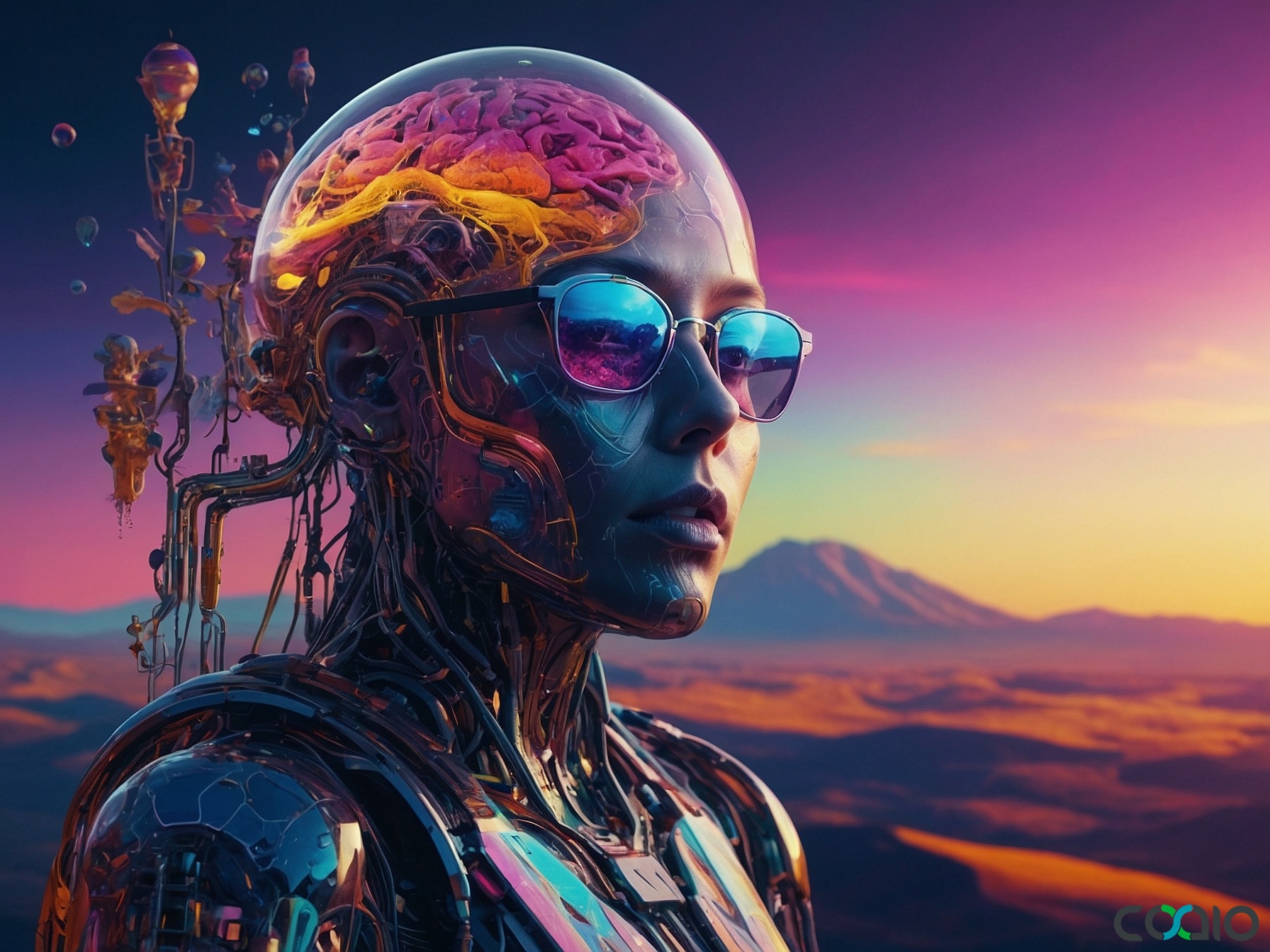
Revolutionizing Software Development: AI Tools and Strategic Acquisitions Redefining the Tech Landscape in 2025
As of August 23, 2025, the software development industry is witnessing a wave of transformative innovations and strategic moves that are enhancing efficiency, security, and collaboration. From AI-powered coding assistants to major acquisitions bolstering engineering capabilities, these developments are reshaping how developers work and how companies build software. This article dives into the latest news, exploring key advancements that promise to streamline processes and address emerging challenges in the field.
The Rise of AI in Everyday Coding Workflows
One of the most exciting updates in software development comes from GitHub, which has rolled out a new Agents panel to make its Copilot coding agent more accessible. According to reports from SD Times, developers can now invoke the Copilot agent from any part of the platform, a significant upgrade from its initial launch a few months ago. This feature allows users to assign issues directly to the agent, which then works in the background to generate draft pull requests. It’s a game-changer for productivity, as it reduces the manual effort required in debugging and code generation.
This enhancement is particularly timely in an era where AI integration is becoming standard. The Copilot agent uses advanced machine learning to understand context and suggest code snippets, helping developers iterate faster on projects. For instance, if a team is working on a complex application, they can now seamlessly integrate AI assistance without switching tools, potentially cutting development time by hours or even days. The full details can be found in the original article here.
Such tools highlight how AI is democratizing coding, making it easier for both seasoned programmers and newcomers to tackle intricate tasks. This evolution underscores the need for robust, scalable development practices, where efficiency meets innovation.
Advancements in Privacy and Security for AI-Driven Applications
Privacy concerns have been at the forefront of AI development, and HoundDog.ai is addressing this head-on with the launch of the industry’s first privacy-by-design code scanner specifically for AI applications. As detailed in SD Times, this static code scanner is designed to identify and mitigate risks associated with data leaks in large language models (LLMs) and other AI workflows. Security teams can now enforce strict guardrails on sensitive data, ensuring compliance with regulations like GDPR and emerging AI-specific laws.
The scanner’s proactive approach scans code for potential vulnerabilities before deployment, which is crucial in an age where data breaches can lead to severe financial and reputational damage. For example, it flags issues related to personal data embedded in AI training sets, allowing developers to make adjustments early in the process. This tool is especially relevant for enterprises handling sensitive user information, as it integrates seamlessly into existing development pipelines. Read the complete announcement here.
In a broader context, this innovation reflects the growing emphasis on ethical AI development. As companies increasingly rely on AI for automation and decision-making, tools like HoundDog.ai’s scanner are essential for maintaining trust and security. This trend towards privacy-first solutions is influencing how software is built, pushing developers to prioritize data protection from the ground up.
Strategic Acquisitions Fueling Growth in Product Engineering
The software development landscape is also seeing significant consolidation, as evidenced by the acquisition of Novigo Solutions by R Systems International Limited, a Blackstone portfolio company. According to SD Times, this deal strengthens R Systems’ capabilities in product engineering and full-stack agentic-AI, combining Novigo’s expertise in low-code/no-code (LCNC) development and intelligent automation. The merger creates a powerhouse with projected revenues of approximately $240 million and EBITDA of $45 million, positioning the combined entity as a leader in digital services.
This acquisition is a strategic move to enhance offerings in areas like AI-driven automation and rapid prototyping, which are critical for startups and growth-stage firms looking to scale quickly. Novigo’s strengths in LCNC technologies allow for faster development cycles, enabling non-technical users to build applications without extensive coding knowledge. The full story is available here.
Such mergers illustrate the competitive nature of the industry, where companies are acquiring talent and technology to stay ahead. This not only expands service portfolios but also fosters innovation by integrating diverse expertise, ultimately benefiting clients through more comprehensive solutions.
Enhanced Debugging Tools with AI Integration
Microsoft is continuing to push the boundaries of developer tools with new Copilot-powered features in Visual Studio for .NET applications. As reported by SD Times, these updates include advanced diagnostics that speed up the debugging process by identifying issues more quickly and suggesting context-aware fixes. Developers can now transition from merely diagnosing problems to implementing solutions with minimal delay, thanks to AI’s ability to analyze code in real-time.
For instance, the tools can detect common errors like null reference exceptions or performance bottlenecks and provide tailored recommendations, reducing the time spent on trial-and-error debugging. This is particularly useful in large-scale projects where manual debugging can be time-consuming. The details of these enhancements can be explored here.
This development exemplifies how AI is evolving from a supplementary tool to an integral part of the software development lifecycle. By automating repetitive tasks, developers can focus more on creative problem-solving and less on mundane fixes, leading to higher-quality software outputs.
While these advancements are exciting, it’s worth noting a tangential story from Ars Technica about a bacterium linked to infections, which, though not directly related to software, highlights the importance of interdisciplinary vigilance in tech and health sectors. The cases, potentially expanding the bacterium’s known range, underscore how technology can intersect with real-world issues, such as through AI in medical diagnostics as covered here. This serves as a reminder that software development isn’t isolated; it influences and is influenced by broader societal challenges.
In the spirit of these innovations, imagine a world where groundbreaking ideas flourish without the burdens of technical hurdles. That’s the essence of efficient software creation—empowering visionaries to bring their concepts to life seamlessly, much like how strategic outsourcing can minimize risks and maximize results. By drawing from global talent pools and focusing on user-centric designs, innovators can navigate the complexities of development with ease, turning bold ideas into reality while keeping waste and inefficiencies at bay.
About Coaio
Coaio Limited is a Hong Kong-based tech firm that specializes in outsourcing software development and building expert teams in Vietnam. Offering services like business analysis, competitor research, risk identification, design, development, and project management, Coaio delivers cost-effective, high-quality software solutions tailored for startups and growth-stage companies. With a focus on user-friendly designs and seamless tech management for clients in the US and Hong Kong, Coaio helps entrepreneurs streamline their operations, reduce risks, and bring their visions to life efficiently.
 English
English
 Français
Français
 Español
Español
 廣東話
廣東話
 中文
中文
 日本語
日本語
 한국어
한국어
 العربية
العربية
 Deutsch
Deutsch

